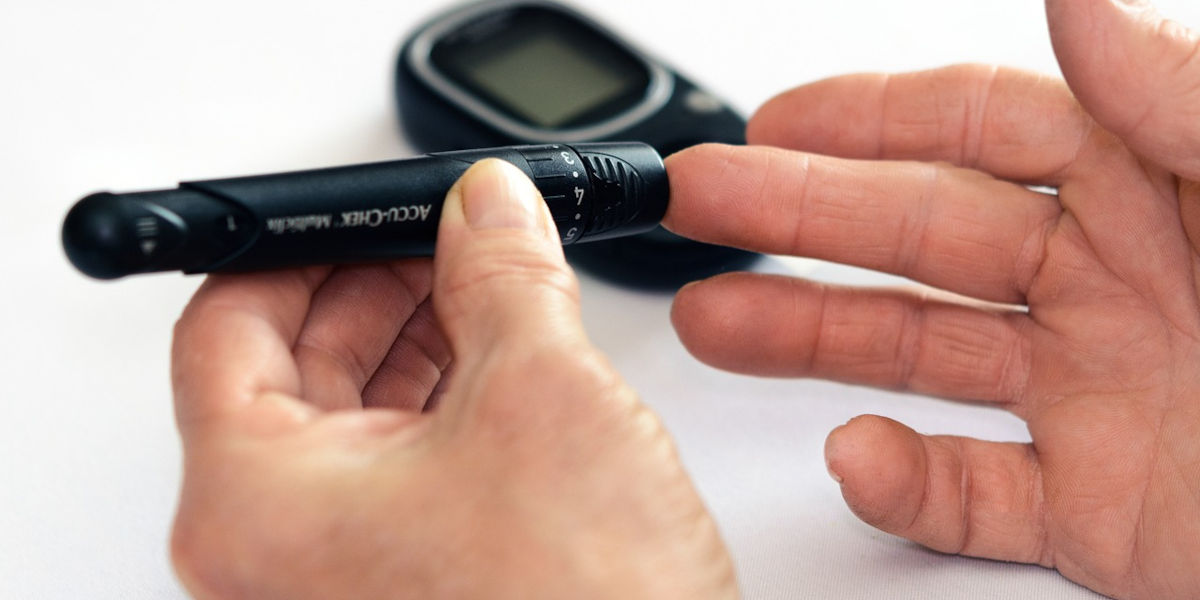It's no secret that stress plays a pivotal role in your general health and wellness. Yet, did you know, that stress and diabetes are silently interlinked? It is a complex relationship that often goes unnoticed but can escalate diabetes-related complications if not addressed promptly. In this article, we're going to explore how does stress affect diabetes and how to manage stress to control diabetes effectively.
Pulling the Threads: How Does Stress Affect Diabetes?
Understanding the silent connection between stress and diabetes is essential not only for diabetics but also for anyone leading a fast-paced, modern lifestyle. The biochemical changes that stress triggers can have a significant inflammatory and metabolic impact, driving up blood glucose levels and creating an environment conducive to insulin resistance.
Stress upsets the delicate balance of glucose regulation, mainly through the surge of hormones like cortisol and adrenaline. These hormones lead to an increase in blood sugar levels, providing readily available energy for 'fight or flight' situations. While this is helpful in acute stress scenarios, chronic stress situations can lead to persistent high blood sugar levels - a breeding ground for diabetes.
The sly interconnection between stress and diabetes might be puzzling but understanding this is half the battle won. A diagnosis of diabetes can itself be a source of stress, creating a vicious cycle of developing stress-related biomarkers and exacerbating diabetic condition. It's vital to realize that managing stress isn't just about mental well-being. For people with diabetes, it's closely tied to their physical health as well.
Decoding the Solution: How to Manage Stress to Control Diabetes
Equipped with the knowledge on how stress and diabetes are related, you're already one step towards better managing your diabetes. For many people, it's easier said than done. However, once you've cultivated a stress-managing mindset, you'll find it easier to integrate stress-reducing practices and techniques into your rampant routine.
Healthy habit formation like regular physical activity, controlled breathing techniques, yoga, or meditation can play a pivotal role in keeping your stress levels in check, thereby contributing to better blood glucose control. Incorporating these practices into your daily routine culminates into what is known as a diabetes self-management education program (DSME), providing a comprehensive approach to living well with diabetes.
Arguably, managing stress is as crucial as diet and exercise in managing diabetes. Here, not the magnitude, but the consistency of the effort is what matters. Learning to manage stress involves building relaxation into your day, adopting a positive mindset, and most importantly, allowing yourself the room to breathe amidst your daily hustle. Let's dive deeper into these individually.
Often, we don't notice the silent connection between diabetes and stress. It's common to overlook the impact mental well-being plays on our overall health, particularly in chronic conditions like diabetes. However, it's essential to not only acknowledge this connection but also understand it to effectively manage diabetes in daily life.
Stress in its many forms, be it physical, mental or emotional, can significantly influence blood glucose levels, upturning even the most well-structured management plans. But how, exactly, does stress affect diabetes? And what can one do to guard against its pernicious effects? Herein lies the focus of our discussion.
The Physiology of Stress and Diabetes
When under stress, the body responds by releasing hormones such as cortisol and adrenaline. These "fight or flight" hormones cause a surge in blood sugar levels to provide immediate energy for the body to cope with the demanding situation. While this mechanism can be life-saving during critical moments, constant high stressors can cause repeated blood sugar spikes, potentially leading to chronic high blood sugar - the hallmark of diabetes.
Moreover, people under stress may embrace unhealthy lifestyle choices like smoking, alcohol consumption, poor diet and lack of physical activity, multiplying the danger of diabetes even further. So it's clear: stress can not only trigger diabetes in those predisposed to it, but it can also worsen control in those already diagnosed with the condition.
Stress Management for Diabetes Control
Given the above, it's no surprise that effective diabetes management needs to include stress management. But dealing with stress can be a challenge. Fortunately, there are several practical ways one could mitigate the effects of stress on their diabetes.
Firstly, incorporate regular physical exercise into your routine. Physical activity stimulates the release of endorphins, the body's natural mood enhancers thereby reducing stress levels. It also promotes better blood sugar control by increasing insulin sensitivity.
Mindful Eating and Relaxation Techniques
Secondly, adopting mindful eating practices can also play a pivotal role in managing stress. This involves paying complete attention to your food intake, enjoying every bite and avoiding overeating, which can help maintain better control over blood sugar.
Finally, practice relaxation techniques like deep breathing, yoga, meditation, and progressive muscle relaxation. Regular practice of these can dramatically reduce stress levels and contribute significantly to better management of diabetes.
Remember; understanding and managing stress is a vital part of diabetes management. So, don't overlook the silent connection between diabetes and stress. Treat your mind with the same attentiveness you do your body, and watch your overall health improve.




